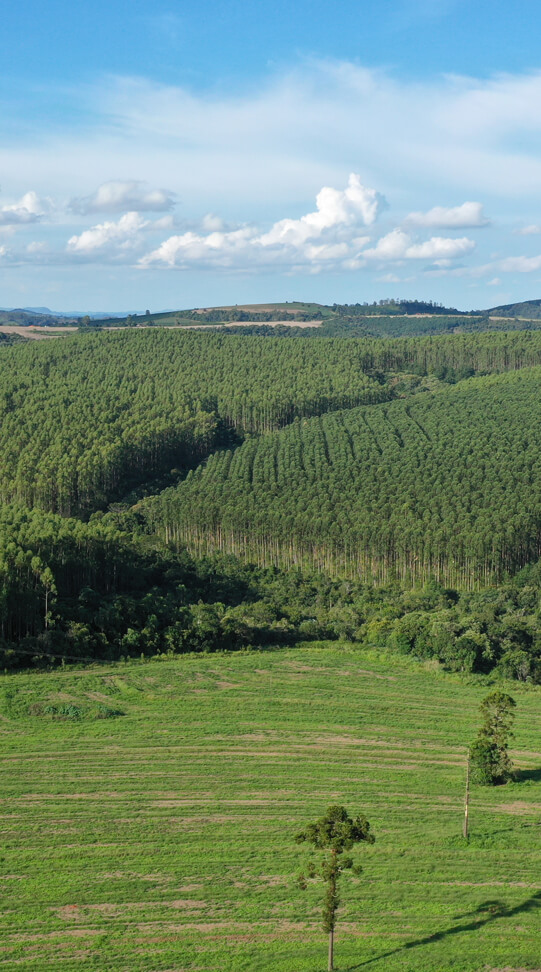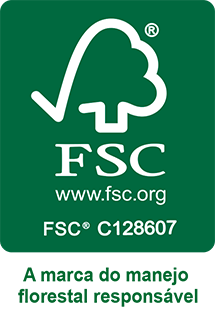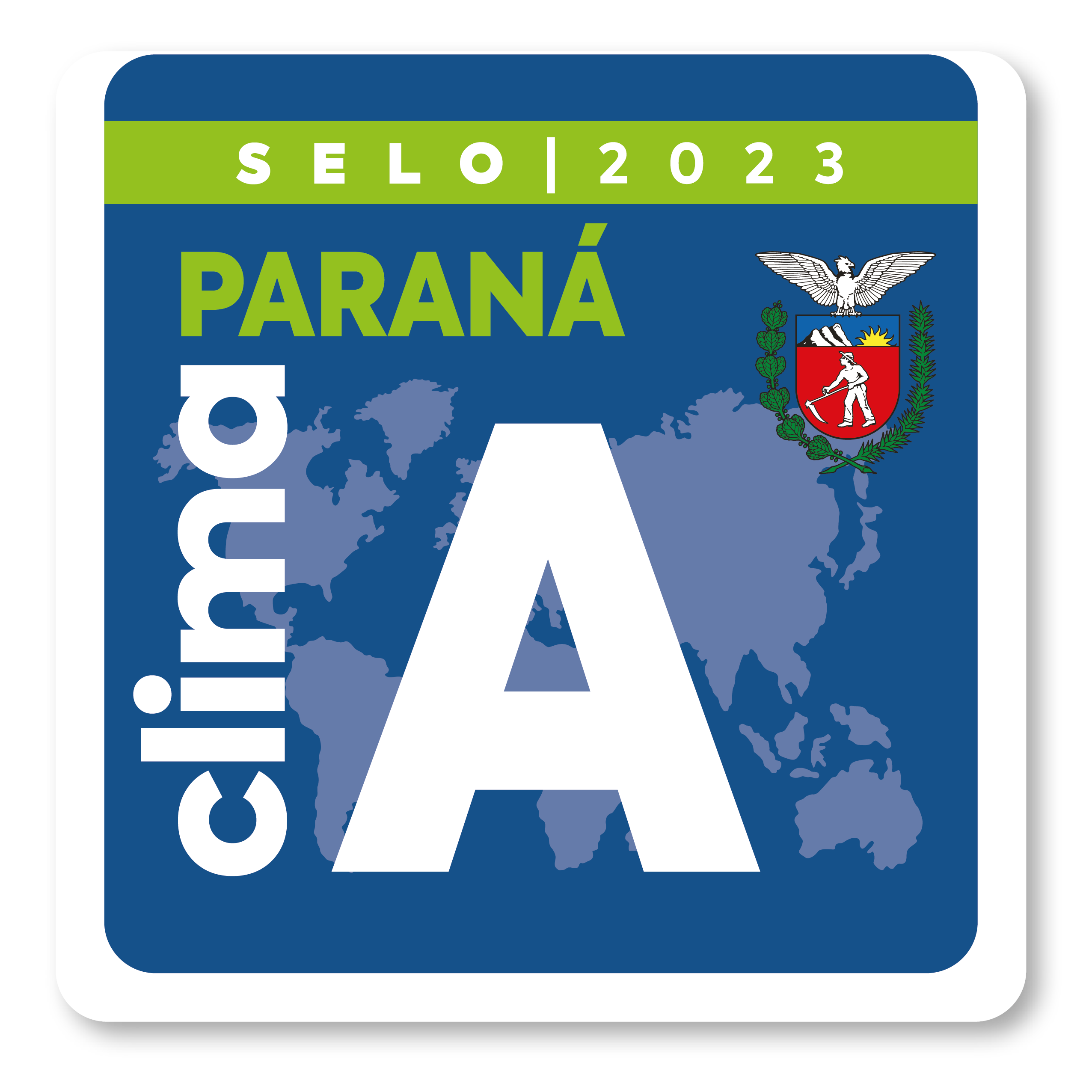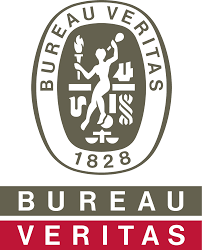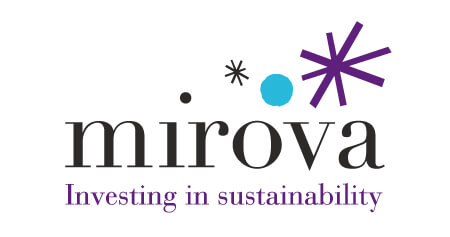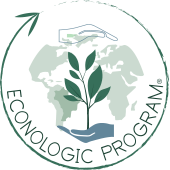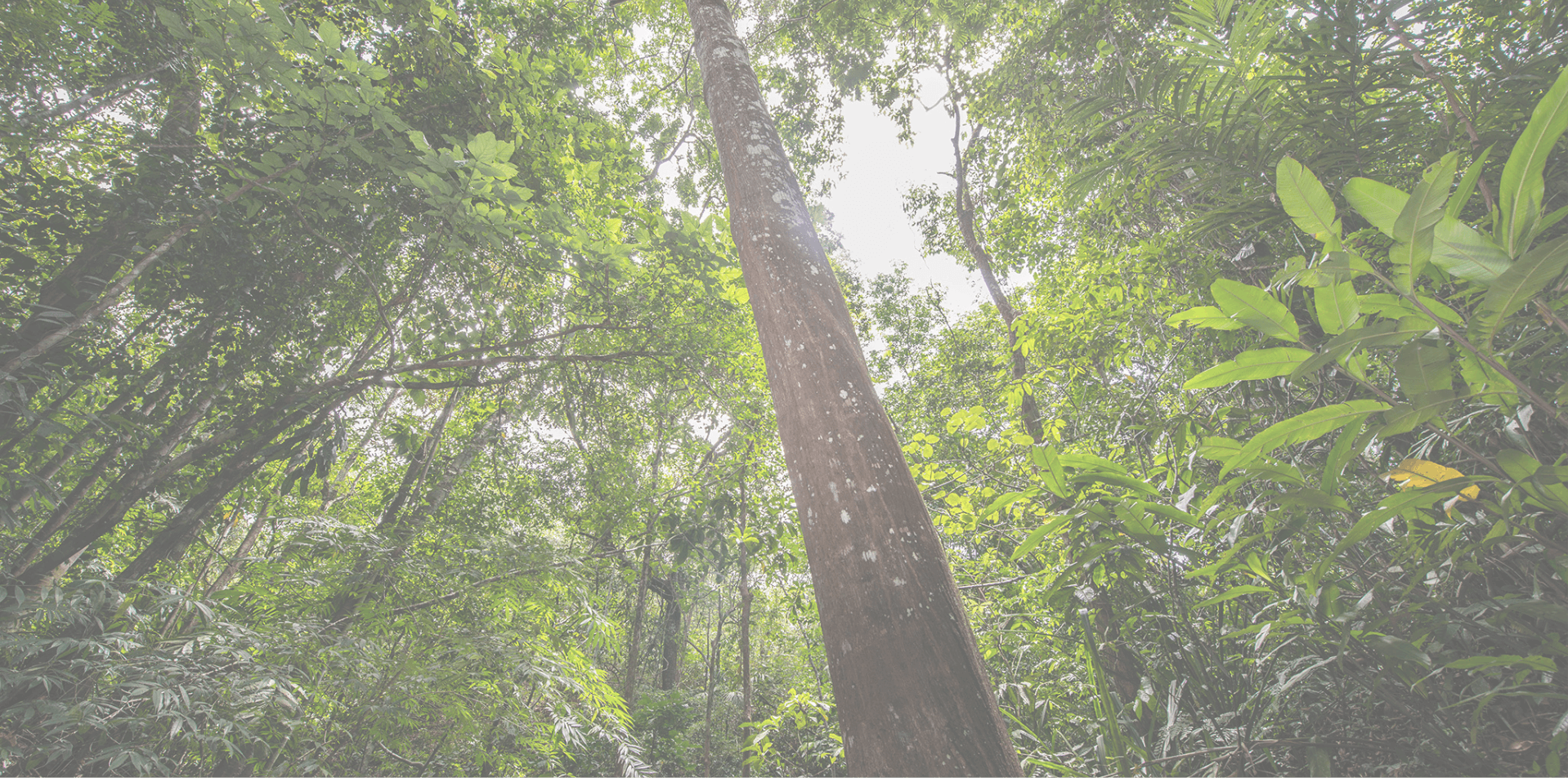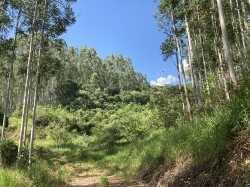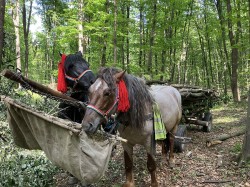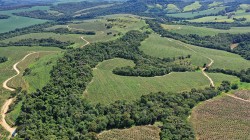Econologic program®
Avec Econologic Program® with Brazil Forest®, plantez plus de 300 espèces d’arbres pour reconstituer les forêts du Brésil et recréer la biodiversité dont la planète a besoin.
ECONOLOGIC PROGRAM® POURQUOI ET COMMENT ?
Avec Econologic Program® with Brazil Forest®, le Groupe SLB propose aux professionnels et aux particuliers de participer à un programme forestier. Brazil Forest® Développement Durable, est un programme de création de forêts implanté au Brésil depuis 2008. L’expertise de SLB dans la sélection des terrains, de la plantation et de la régénération naturelle vous assure un capital forestier à forte valeur ajoutée.
